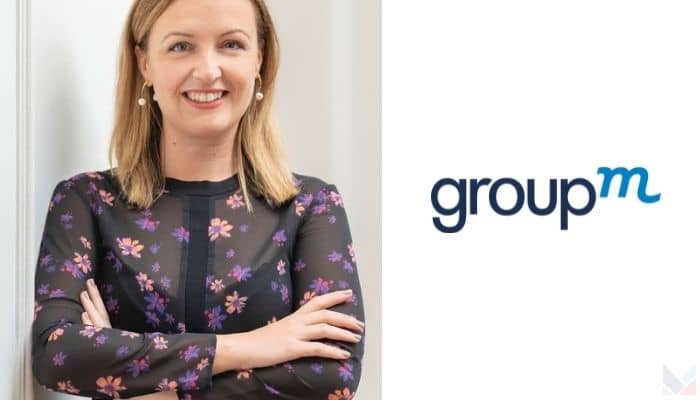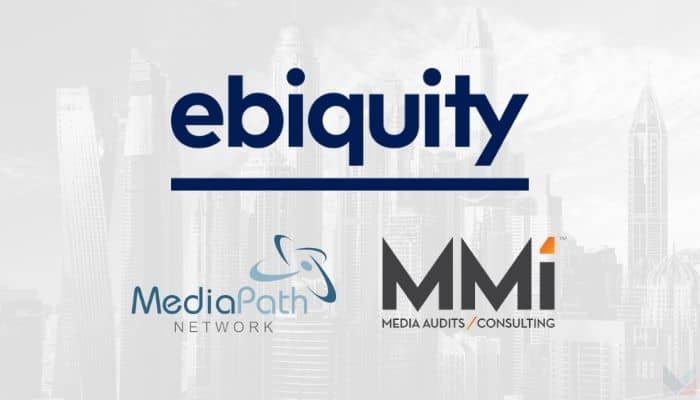Singapore – Grab’s advertising arm GrabAds have announced the expansion of its strategic partnership with GroupM, WPP’s media investment group, to help the latter’s clients unlock the power of Grab’s retail media network (RMN) capabilities for brand, performance and business growth.
As part of the expanded partnership, GrabAds will enhance its first-party audience data with geo-based signals, which GroupM will further aggregate and integrate into their internal proprietary platforms.
With these insights, GroupM clients across Indonesia, Malaysia, the Philippines, Singapore, Thailand and Vietnam can look forward to more refined, data-driven media planning within an integrated omnichannel ecosystem.
The partnership will enable GroupM to access anonymised and indexed consumer insights based on real transactions which are then enhanced with geo-based signals, all of which are fully compliant with personal data privacy standards. These include data categories like cuisine preference, frequently travelled points of interest, and spend attributes.
These geo-based first-party audience insights will enable more precise targeting capabilities for GroupM’s clients, that they can leverage to further optimise their media strategies and achieve marketing objectives. Brands will also benefit from full-funnel marketing capabilities with GrabAds’ RMN ecosystem, to maximise advertising spend for brand-building and sales objectives.
It is worth noting that GroupM and GrabAds have been working together since 2021 to help advertisers harness retail media more effectively. With this expanded partnership, GroupM clients will continue to benefit from GrabAds’ existing and upcoming innovative omnichannel advertising offerings, including native advertising formats exclusive to Grab, data-driven campaigns, offline fleet placements, and programmatic buying capabilities.
GroupM and GrabAds will also co-innovate on advertising solutions and media strategies. This collaboration will provide GroupM clients across sectors with early access to integration benefits and testing opportunities, enhancing their advertising effectiveness.
Anita Munro, chief investment officer at GroupM Asia-Pacific, said, “We embarked on this partnership with Grab given our confidence in their ability to work together with us to unlock market-leading advantage and value for clients in the evolving advertising landscape. As we continue to build and invest in a high-quality media ecosystem that is diverse, sustainable and audience-first, we are excited at the opportunity Grab presents with rich first-party audience insights and their strength as a platform that serves advertiser needs to connect the online to offline consumer journey. Multiple elements of the partnership will come together to accelerate growth for our clients including data, geo and audience-based expertise and more.”
Meanwhile, Ken Mandel, regional managing director and head of GrabAds and enterprise at Grab, commented, “We are excited to continue working alongside GroupM to help their clients unlock the true potential of retail media advertising, whether that’s crafting full-funnel campaigns or providing more precise means of measuring advertising returns. By combining GroupM’s scale, commitment to innovation and client-first mindset with our superior RMN capabilities, we are well-positioned to help GroupM clients drive accelerated growth in Southeast Asia.”




